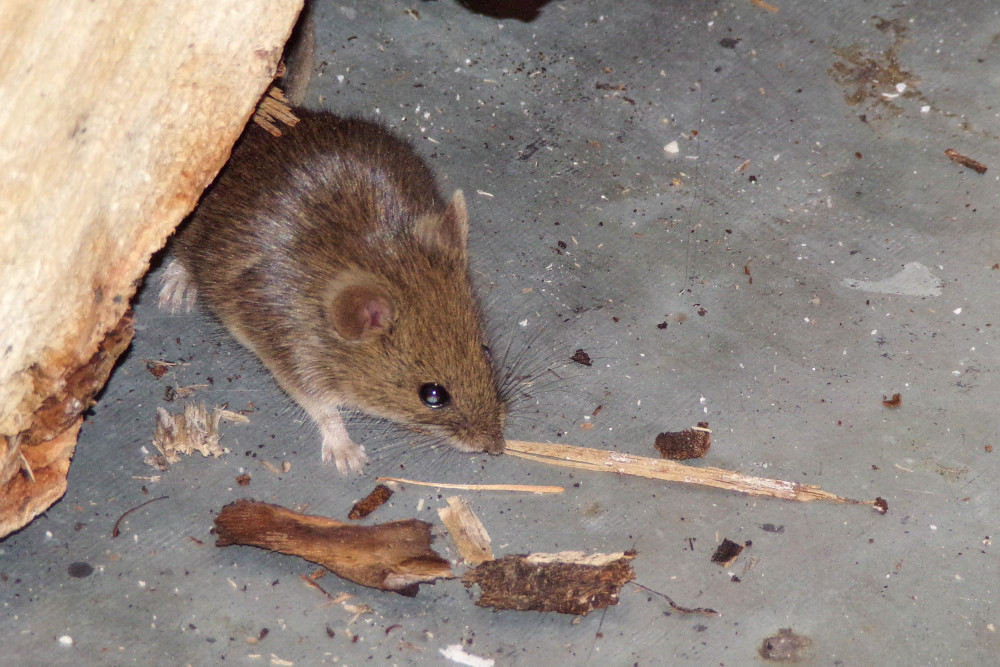Agricultural
23 August, 2021
Spike in LCMV cases
Darling Downs Health is warning people to be cautious after ten human cases of Lymphocytic Choriomeningitis Virus (LCMV), a disease transmitted by mice, have been reported.

LCMV can cause severe headaches and in some cases meningitis, which is an inflammation in the brain and spinal cord caused by a virus or bacteria.
Viral meningitis may cause headaches, fever, stiff neck, nausea and vomiting, decreased appetite, and lethargy.
Pregnant women are particularly at risk with evidence showing that the virus can affect unborn babies and may cause miscarriage.
To avoid LCMV, practice good hygiene, hand washing,
and cleaning.
LCMV is not transmitted person to person.
Previously, LCMV was not known to be a problem in Australia.
A case was identified in New South Wales in March this year.
Public Health Unit Senior Medical Officer Dr Liam Flynn said the recent LCMV cases coincided with an increase in rodent activity in the local area.
“We have seen an increase in rodents, particularly mice, in our rural areas,” Dr Flynn said.
“Human infections are usually caused by exposure to an
infected animal through the unintentional ingestion or inhalation of its urine or excrement.
“This includes nesting materials, urine, droppings, and saliva.”
Dr Flynn said the best way to avoid getting LCMV is
frequent hand washing, particularly before eating, and thorough cleaning of the areas where rodents have been.
LCMV is a virus and usually improves on its own, but it is still important to see a doctor or call 13 HEALTH (13 452 584) if you are feeling unwell.


